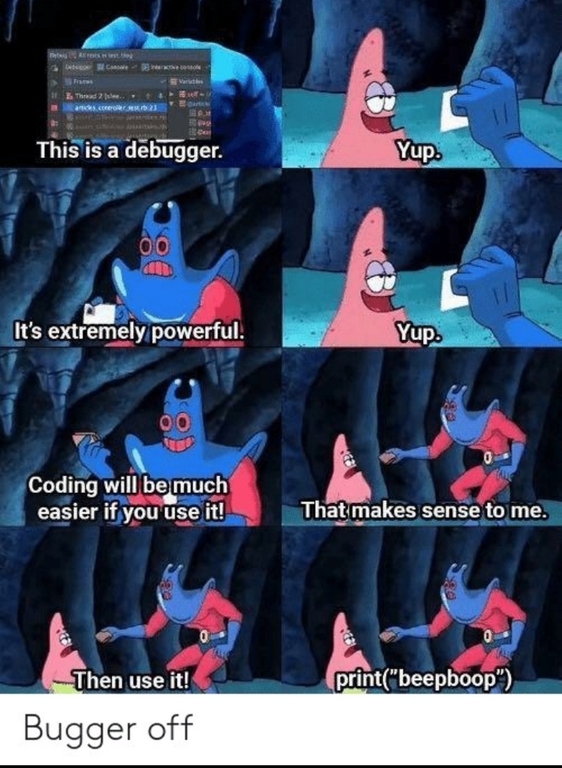→ Pay attention
→ Top rated
| # | User | Rating |
|---|---|---|
| 1 | tourist | 3856 |
| 2 | jiangly | 3747 |
| 3 | orzdevinwang | 3706 |
| 4 | jqdai0815 | 3682 |
| 5 | ksun48 | 3591 |
| 6 | gamegame | 3477 |
| 7 | Benq | 3468 |
| 8 | Radewoosh | 3462 |
| 9 | ecnerwala | 3451 |
| 10 | heuristica | 3431 |
→ Top contributors
| # | User | Contrib. |
|---|---|---|
| 1 | cry | 167 |
| 2 | -is-this-fft- | 162 |
| 3 | Dominater069 | 160 |
| 4 | Um_nik | 158 |
| 5 | atcoder_official | 157 |
| 6 | Qingyu | 156 |
| 7 | djm03178 | 152 |
| 7 | adamant | 152 |
| 9 | luogu_official | 150 |
| 10 | awoo | 147 |
→ Find user
→ Recent actions
↑
↓
Codeforces (c) Copyright 2010-2025 Mike Mirzayanov
The only programming contests Web 2.0 platform
Server time: Feb/23/2025 02:33:08 (k2).
Desktop version, switch to mobile version.
Supported by
User lists


| Name |
|---|












This is one of the questions where I really want to see the ratings of the respondents.
Can you please comment what is your opinion and why? Orz
I use a mix of both. IMO a debugger (I use gdb) is very convenient. But sometimes you want to get a good overview of everything the program does, then print statements are better.
The only thing I use in debugger (
gdbin my case) isbacktracecommand, which shows the stack trace on where my code has crashed. The rest of debugging is done via numerous asserts to verify the invariants,#define _GLIBCXX_DEBUGto catch out-of-range access and other things like that, and, of course, debugcout's.Sounds great, can you please show me a code so I can learn to use this gdb properly. Thanks for sharing your experience.
What code are you talking about? I just do
Then I type
run, and if my code crashes, I typebacktrace(you can also typebtas a shortcut) to see the stack trace. You can also see all the local variables for all the functions in the stack withbacktrace fullcommand.I use this define too along with some sanitizers (undefined and address). And I just use print statements for all debugging purposes which is basically done by the debug template I took from benq's template and modified it a bit.
The only situation I would like use debuger over printf is when my code get segmentation fault. In that case, one run of gdb and I know which line cause this problem. Super convenient.
You can also compile with
-g -fsanitize=addressand it will print line and column of the crashCurrently I use gdb from within VSCode. I also use a debug macro that I wrote. It has pretty colors!